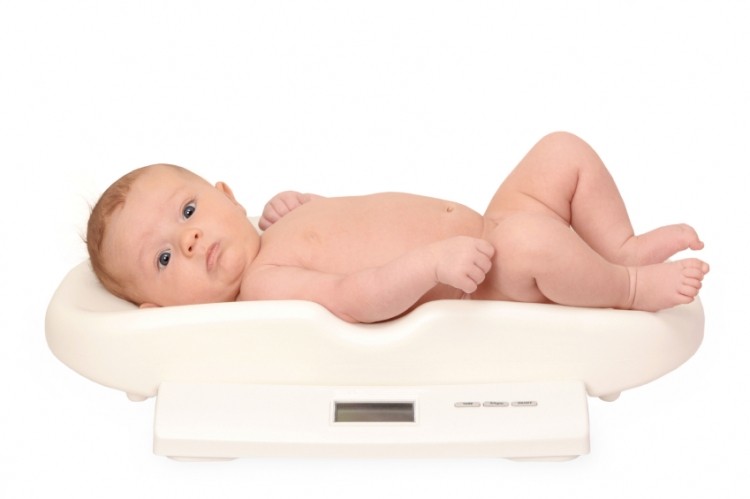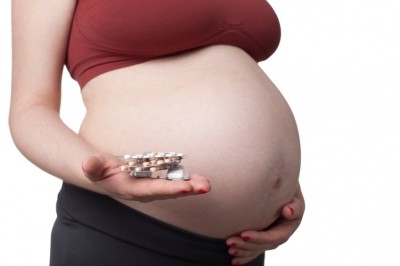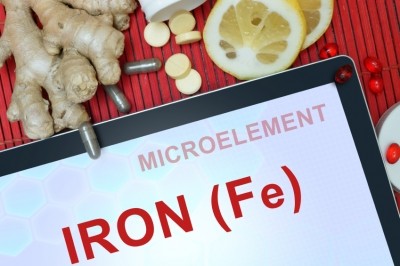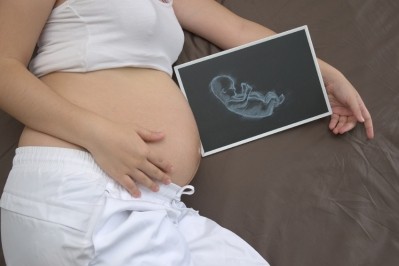Iron supplements improve infant birth weight – under certain maternal conditions

Published in the British Journal of Nutrition, the study showed iron-containing supplements could increase birth weight of infants in women with very high haemogloblin levels before 20 weeks of gestation - roughly the fifth month of pregnancy – by over 100 g compared to folic acid.
The researchers compared the effects of either a combination of iron and folic acid or mixed multiple micronutrient supplements with supplements of folic acid alone on birth weight among pregnant women with mild or no anaemia or high haemoglobin levels.
During the period before 20 weeks of gestation up to delivery, the women randomly received a daily supplement containing one of the following: 400 micrograms (μg) folic acid; 400 μg folic acid and 30 mg iron; or multiple micronutrients including folic acid, iron and thirteen other vitamins and minerals.
Maternal haemoglobin levels were recorded at enrolment and birth weight within the first hour of birth.
They found for women with normal (less than or equal to 132 g/l) or high (133–145 g/l) baseline haemoglobin levels, the iron-folic acid combination and multiple micronutrient supplements had no effect on birth weight.
However for women with very high baseline haemogloblin levels of over 145 g/l, the iron-folic acid and multi micronutrient supplements increased birth weight by 91.44 g and 107.63 g, respectively, compared with the group given folic acid alone.
"The clinical significance of this increase is unknown among infants with normal birth weight," they said
No significant differences were found between the iron-folic acid and multi micronutrient group, regardless of maternal haemoglobin levels.
The researchers from the Peking University Health Science Centre in China and the National Centre for Chronic Disease Prevention and Health Promotion in the US said the study was the first clinical trial to look at the issue despite concerns raised about the risks of routine iron supplementation among women without anaemia, especially among those with high haemoglobin levels.
Over 20 million low birth weight infants are born worldwide every year - that’s 15% of all births, according to a 2004 joint report from the World Health Organisation (WHO) and UNICEF.
Guidance
The World Health Organisation (WHO) recommends all pregnant women take prenatal iron-containing supplements regardless of baseline haemoglobin status.
However this guidance was mainly based on studies in patients with low baseline haemoglobin levels and most clinical trials performed in women with mild or no anaemia in countries like the US, UK, Australia, Norway, Finland and Iran suggested there was no benefit of iron on birth weight
“Thus, there are inconsistencies in the literature regarding the benefit of iron-containing supplements in a well-nourished population with mild/no anaemia,” the researchers wrote.
Indeed concerns have been raised that high maternal haemoglobin concentrations may increase the risk of adverse pregnancy outcomes like preterm birth, stillbirth, perinatal death, low birth weight and gestational hypertension.
“Although concerns have been raised about the benefits and risks associated with iron supplementation among women with high haemoglobin levels, in the present study, prenatal supplements containing iron were not associated with lower birth weight in this pool of women,” the researchers concluded.
Replication in other populations was now needed, they said.
Source: British Journal of Nutrition
Published online ahead of print, doi:10.1017/S0007114515004870
“Modifying effects of maternal Hb concentration on infant birth weight in women receiving prenatal iron-containing supplements: a randomised controlled trial”
Authors: L. Wang, Z. Mei, H. Li, Y. Zhang, J. Liu and M. K. Serdula














